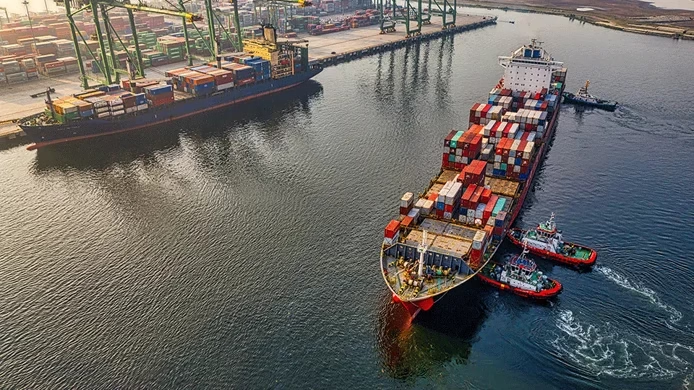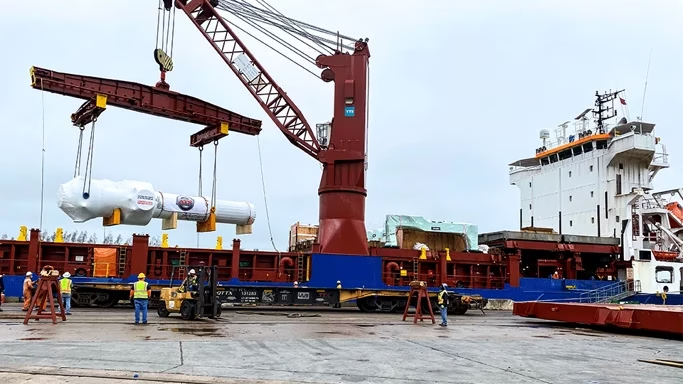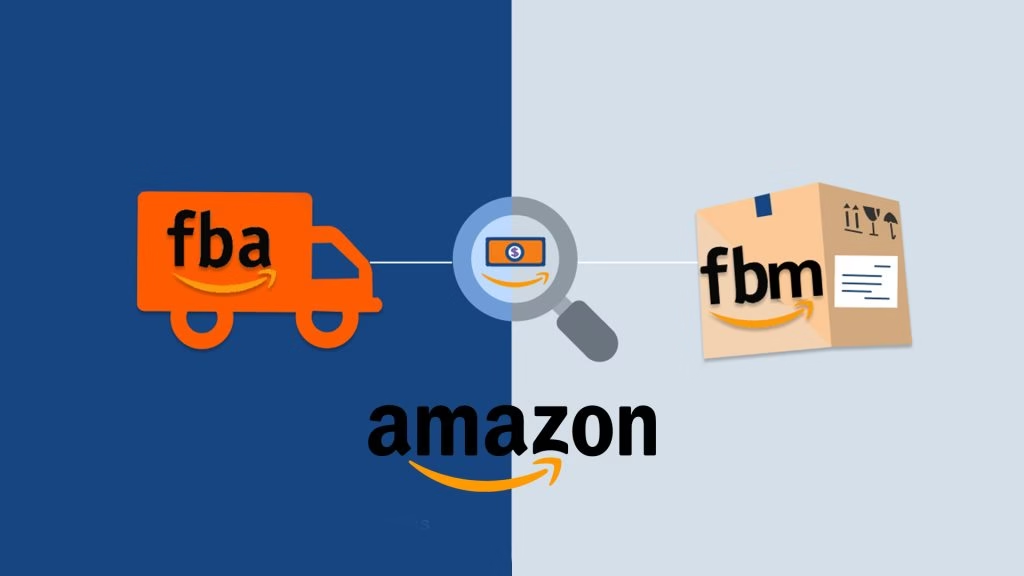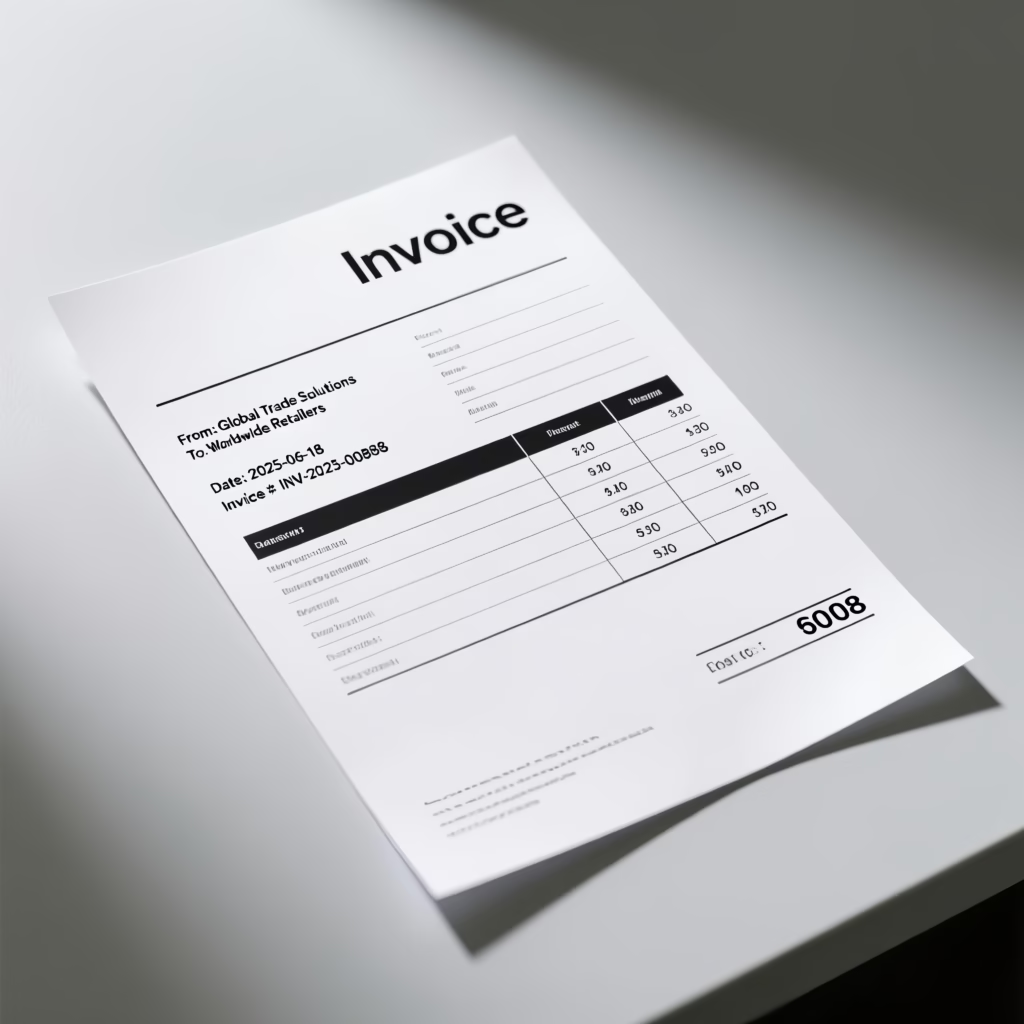In today’s ever-evolving global trade environment, choosing the right shipping agent for your shipments between China and France is a decision that can make or break your supply chain operations. With the rising demands of speed, cost-efficiency, and reliability, the debate between air freight and sea freight has become central for businesses looking to maximize efficiency while minimizing risk.
In this blog post, we’ll delve into the intricacies of both air and sea freight options, outline the key criteria to consider when selecting shipping agents, and offer an engaging Q&A section to answer some of the most common questions you might have.
Understanding the Fundamentals
When you map out the supply chain from Asia to Europe, two primary modes of transportation come to mind: air freight and sea freight. Each method has distinctive features that cater to different needs.
- Air Freight is renowned for its speed and reliability. Ideal for high-value, low-volume goods or shipments where time is of the essence, air freight typically sees faster transit times with tighter schedules and less exposure to the elements.
- Sea Freight offers cost-effective solutions for bulk cargo shipments. Although slower by comparison, sea freight is robust for large-volume shipments and is equipped to handle diverse types of cargo with efficient containerization systems.
For companies operating between China and France, the choice of shipping mode can directly affect customer satisfaction, inventory turnover, and overall profitability. A knowledgeable shipping agent can navigate these complex choices and offer tailor-made solutions that meet your logistical needs.
Key Considerations for Selecting Your Shipping Agent
1. Shipping Speed vs. Cost
- Air Freight:
- Pros:
- Fast transit times for urgent delivery
- Reduced inventory holding costs
- High reliability in schedule adherence
- Cons:
- Higher shipping rates
- Limited cargo volume
- Pros:
- Sea Freight:
- Pros:
- Lower cost for larger volumes
- Economies of scale with container shipments
- Suitable for non-perishable goods
- Cons:
- Longer transit times
- Subject to weather delays and port congestion
- Pros:
When selecting a shipping agent, analyze the type of goods you’re shipping and whether speed or cost savings should be prioritized.
2. Reliability and Reputation of the Shipping Agent
Reputation is paramount in logistics. The best shipping agents not only provide competitive rates but also maintain an impeccable record in reliability, clear communication, and customer service transparency. Look for agents with extensive experience in China-France routes, as this background often ensures a robust network, efficient customs clearance procedures, and contingency plans for unexpected delays.
3. Flexibility and Technology Integration
The global shipping industry is increasingly dependent on technology. Agents that offer real-time tracking, digital documentation, and data analytics can provide significant operational advantages. Whether you choose air or sea freight, selecting an agent with advanced technology integrations can help streamline your operations and improve your overall supply chain visibility.
4. Customs and Regulatory Expertise
Navigating the customs processes in both China and France requires an intimate understanding of both countries’ export and import regulations. A seasoned shipping agent possesses the expertise necessary to handle complex paperwork and ensure you remain compliant with international trade laws, reducing delays and avoiding heavy fines.
Air Freight vs. Sea Freight: The Detailed Comparison
Let’s break down the comparison further to help you decide which logistics mode will suit your business best.
| Criteria | Air Freight | Sea Freight |
|---|---|---|
| Speed | 1-3 days transit time | 20-40 days transit time |
| Cost | High cost per kilogram | Lower cost per container |
| Volume Capacity | Suitable for small, high-value items | Ideal for high-volume, non-urgent shipments |
| Reliability | Generally more reliable due to fixed schedules | Subject to maritime conditions and port delays |
| Environmental Impact | Higher carbon footprint per shipment | More eco-friendly for bulk shipments |
| Risk of Damage | Lower risk with controlled environments | Higher risk due to longer transit and handling |
This table is a simplified overview of what each method offers. For many businesses, the final decision hinges on deep evaluation of these factors based on the nature of the goods and customer expectations.
Choosing the Right Shipping Agent for China-France
When it comes to deciding between air vs. sea freight, the role of the shipping agent becomes critical. Here are some expert tips for narrowing down your choices:
- Experience in Route Management: Select agents that have a proven track record in handling shipments between China and France. Their established relationships with airlines, port authorities, and logistics hubs can be instrumental in ensuring smooth transit.
- Comprehensive Logistics Solutions: Look for agents who offer both shipping modes. A versatile agent can provide a multi-modal shipping strategy, allowing you to switch between air and sea freight as required by market demands or unexpected changes in demand.
- Transparent Pricing and Documentation: Transparency in pricing structures and thorough documentation is necessary to avoid hidden costs. It’s imperative to understand what each fee covers, from fuel surcharges to customs handling.
- Customer Service and Support: Opt for agents that offer proactive customer service. Having a dedicated account manager or customer service representative can provide you with peace of mind and prompt updates about your shipment’s status.
Air vs. Sea Freight Q&A:
Additional Insights and Final Thoughts
Beyond speed and cost, your decision will ultimately depend on the strategic priorities of your business. For instance, if maintaining high stock turnover with minimal inventory costs is a priority, air freight offers clear advantages. Conversely, if your strategy involves bulk shipments with a focus on cost control and environmental sustainability, sea freight is likely your best bet.
It’s important to remember that the shipping industry is constantly evolving. Advances in logistics technology, regulatory reforms, and global economic shifts can all influence the relative benefits of air versus sea freight. Hence, a strong partnership with a knowledgeable shipping agent can act as your compass, helping you navigate the choppy waters of international trade.
Moreover, emerging trends such as green logistics and digital transformation are reshaping the industry. Many leading shipping agents are investing in greener technologies to reduce their carbon footprint while simultaneously implementing state-of-the-art supply chain management tools that provide real-time tracking and predictive analytics. Staying informed about these trends can give your business a competitive edge in a dynamic market.
In conclusion, whether you lean towards air or sea freight, the secret to success lies in partnering with a shipping agent who not only understands your specific needs but also adapts to the complexities of international logistics. By weighing speed, cost, reliability, customs handling, and technological prowess, you can make an informed decision that aligns with your business objectives on both sides of the China-France route.
If you found this exploration insightful, you might also be interested in learning more about how multimodal shipping strategies can further optimize your supply chain. In our next blog post, we’ll delve into the practical steps of integrating air, sea, and even rail freight to create a comprehensive logistics blueprint for global trade. Stay tuned for more expert advice, success stories from industry leaders, and actionable insights that help you steer your business towards a more efficient shipping future.
Feel free to share your thoughts or questions below, and let’s get a productive discussion started on navigating the complexities of international shipping!
How Smart Port Selection Cuts Costs and Delays in 2025
2025 air freight alibaba amazon business buy from china china china freight forwarder cif ddp ddu ecommerce fba fcl freight freight forwarder guide import import from china india International logistics langxu freight forwarder lcl malaysia Netherlands Ocean Freight online ports sea freight shein shenzhen ship from china shipping shipping from china sourcing Sourcing from China supply chain management temu top top 10 trade us usa vietnam what
Amazon Launches “Haul” to Sell Low-Priced Items to Compete with Temu, Shein
Below is a deeper look at what Haul is, how it works, why Amazon is…
Amazon Logistics Models: A Comprehensive Guide to FBA, FBM, and Third-Party Fulfillment
In the dynamic landscape of e-commerce, logistics plays a pivotal role in determining the success…
A Comprehensive Guide to Commercial Invoices (CI) in Cross-Border Logistics
Discover the essential elements of commercial invoices in cross-border logistics. Our comprehensive guide simplifies the…





